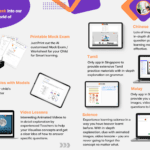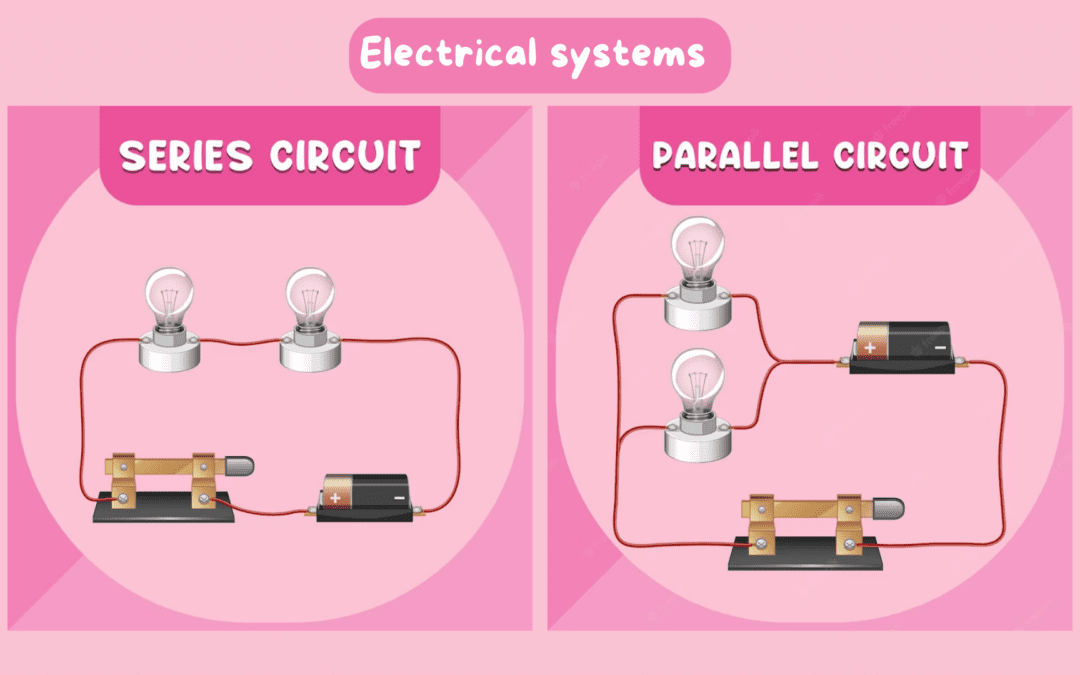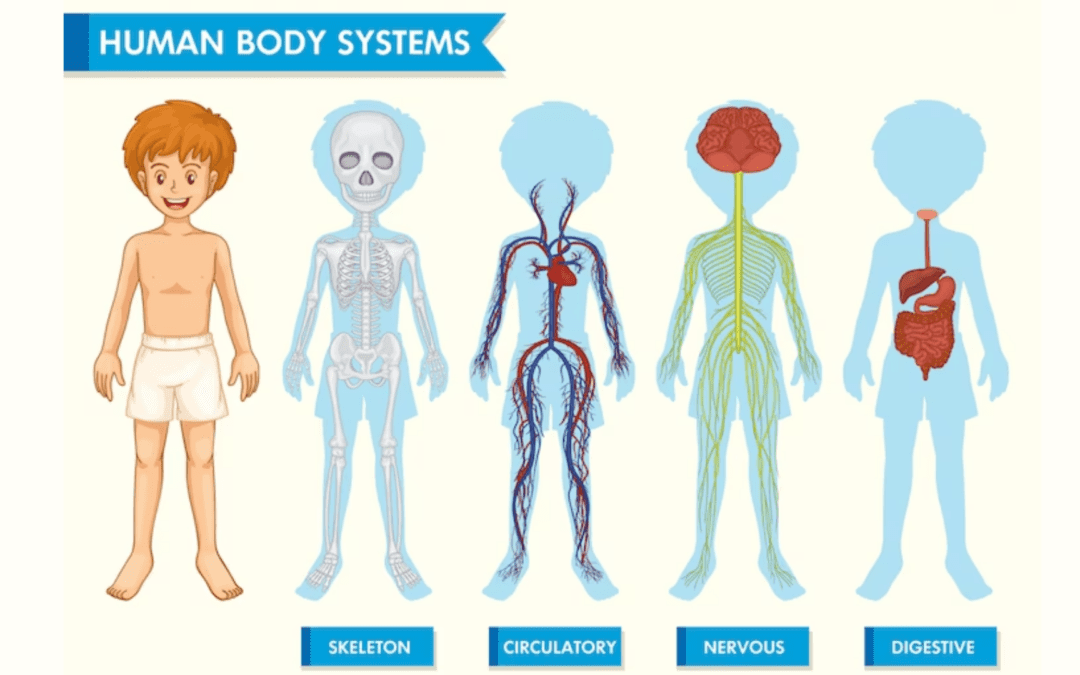Science is like a never-ending adventure that allows us to unravel the mysteries of the universe. It has the power to kindle curiosity and wonder in the hearts of young minds, leading them on a path of infinite discovery. As parents, we want to inspire our children to embrace this journey and develop a lifelong love for science.

The first step in cultivating this passion is to encourage curiosity. Curiosity is the spark that ignites the fire of scientific inquiry. It drives us to question, explore, and discover the world around us. So, as parents, we must embrace and nurture our children’s inquisitive nature. Ask them what they wonder about, and help them find the answers through experiments, research, or other means. Encourage them to ask more questions, and let them explore and discover independently. After all, the most significant scientific discoveries often come from asking “why” and “what if?”
But let’s remember that science can also be fun! Yes, you read that right. Science doesn’t have to be all lab coats and test tubes. There are plenty of exhilarating experiments and activities that can make learning science an absolute blast. The possibilities are endless, from making homemade slime to launching a baking soda volcano. Watching science-based shows together or taking your children to science museums or events can also help make science come alive for them. Who knows, they might even come out of it with a newfound appreciation for the subject.
Another fundamental aspect of igniting a love for science is making it relatable to your children’s daily lives. Connecting science to their everyday experiences can help them see its applicability and importance. You can show them how their food is essentially chemistry or how their games involve physics. The more they see how science influences their lives, the more they will understand and appreciate its significance.
Using real-life examples is another great way to help children understand scientific concepts better. Nature is a treasure trove of examples, from how plants grow to the migration patterns of birds. By using these examples, you can help your children learn about biology, ecology, and other sciences in a fun and engaging way.
Finally, providing your children with resources is vital in nurturing their love for science. Books, videos, and documentaries on topics that interest them can help them gain a more in-depth understanding of science and develop a passion for it. With so many resources available today, there’s no excuse for not giving your children access to the vast universe of scientific knowledge.
In conclusion,
Igniting a love for science in your children is a journey worth embarking on. It can open up a world of possibilities, enriching their lives and inspiring them to pursue their dreams. Who knows, maybe one day they’ll make the next great scientific discovery that will change the world as we know it! So, let’s encourage curiosity, make science fun and relatable, use real-life examples, and provide resources to help our children develop a love for science.



















